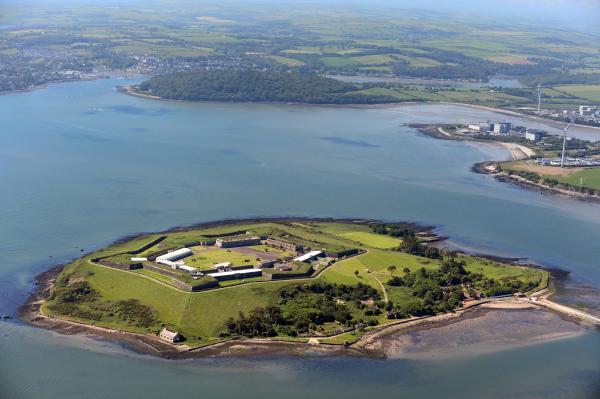COVID 19: Update
March 13, 2020 About the EUIPO
COVID 19: Update

Within the context of the spread of the COVID 19 virus, the Office announced on 2 March the measures taken to address the priority of preserving the health of its staff and stakeholders above all other professional aspects.
As an immediate consequence, the Office communicated its decision to postpone all meetings and events involving a high number of external stakeholders during the month of March, both at the premises of the EUIPO and outside.
In this communication, we also committed to keep our stakeholders informed, in due time and form, of the decisions that might affect them.
The Office, through its monitoring committee, composed of the relevant Directors of the Office under the direct lead of the Executive Director, is closely following the situation in consultation with the relevant bodies and authorities, including the European Commission and EU agencies, as well as the policies they have adopted.
All necessary decisions for actions to ensure continuity of the Office’s operations and activities during this challenging time are therefore taken with the dedicated and sustained assistance of this group of Directors.
In our latest evaluation of the situation of the development of the COVID 19 virus we have assessed the impact on events to be held in the coming month.
As a result of that evaluation, we have decided to continue to postpone all meetings and events involving a high number of external stakeholders during the month of April.
As already announced, the EUIPO is looking into alternative solutions to hold meetings (fully or partially) at a later stage and through digital means such as video conferences, streaming, etc. In this context, we will continue using collaborative tools to sustain the Office’s daily operations, as well as our cooperation in the context of the European Cooperation projects and other strategic initiatives.
Going forward, the EUIPO department or service responsible for organizing a meeting will contact participants ahead of the date to inform them about the digital channel through which they can access the meeting, how to connect, and assist them with technical queries. This will allow work to continue on our different cooperation projects.
Naturally, if any participants registered in cancelled meetings should have incurred any expenses, the EUIPO will of course reimburse such costs through the usual procedure.
Our commitment at this time remains as it always has been; to prioritise the health and safety of our staff, our stakeholders and those with whom we work on a daily basis. In this context, we are also committed to continuing our cooperation with our stakeholders throughout this period and we will make every effort to ensure that this work can be carried on through digital means.

